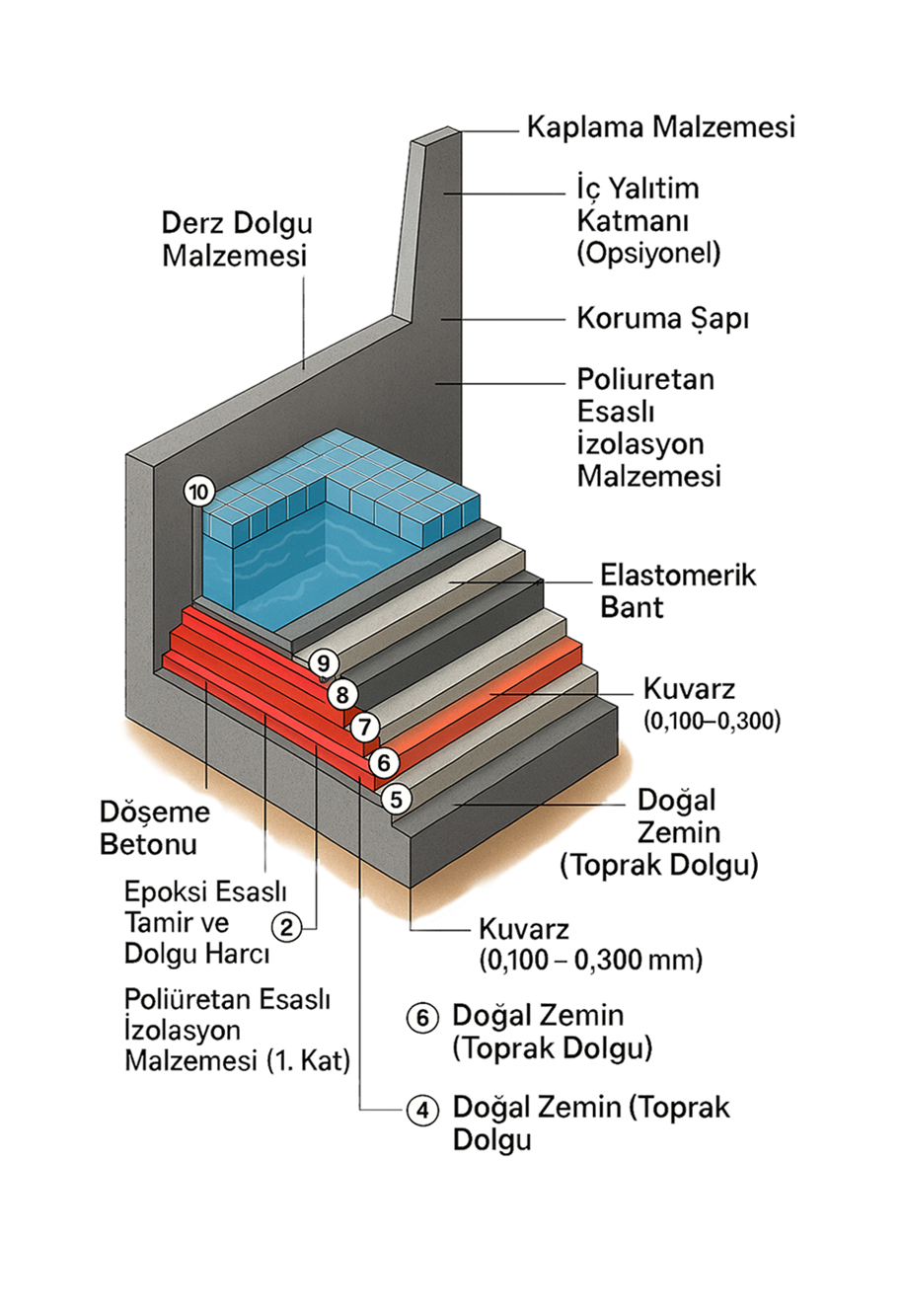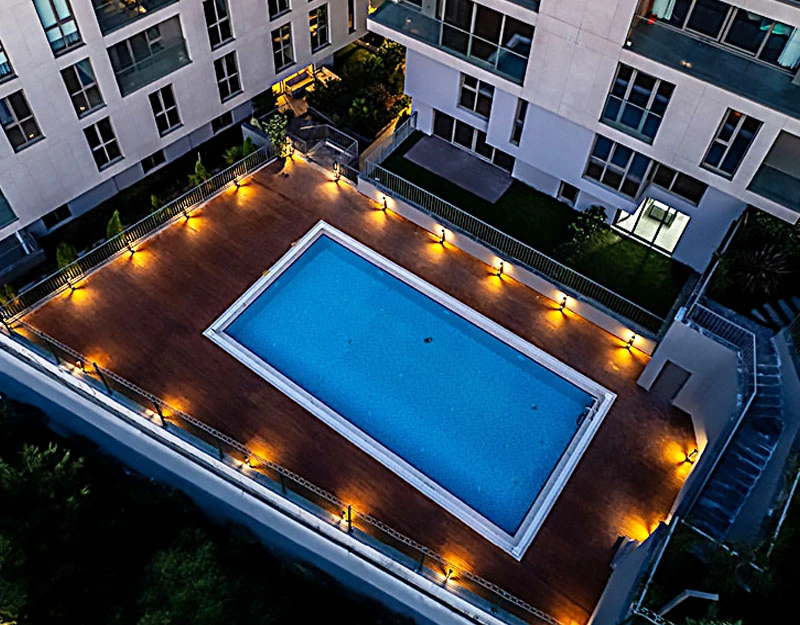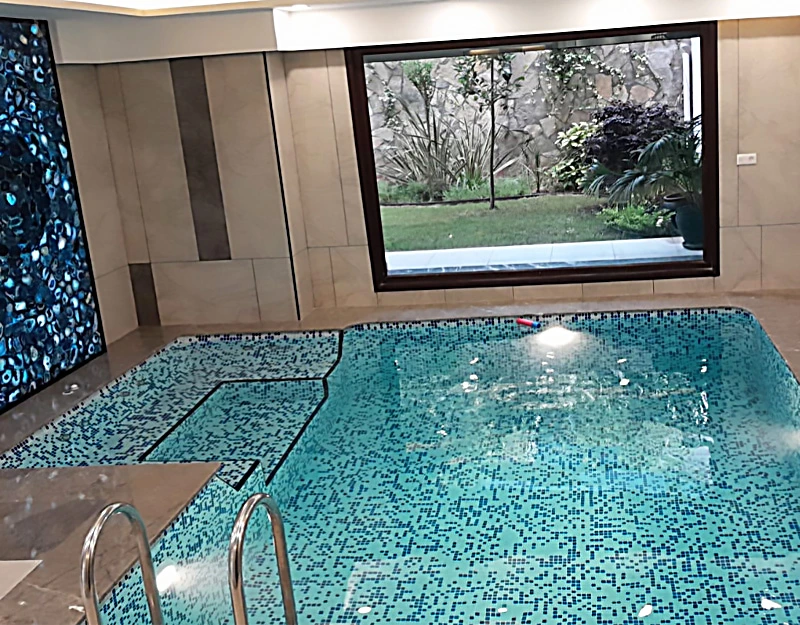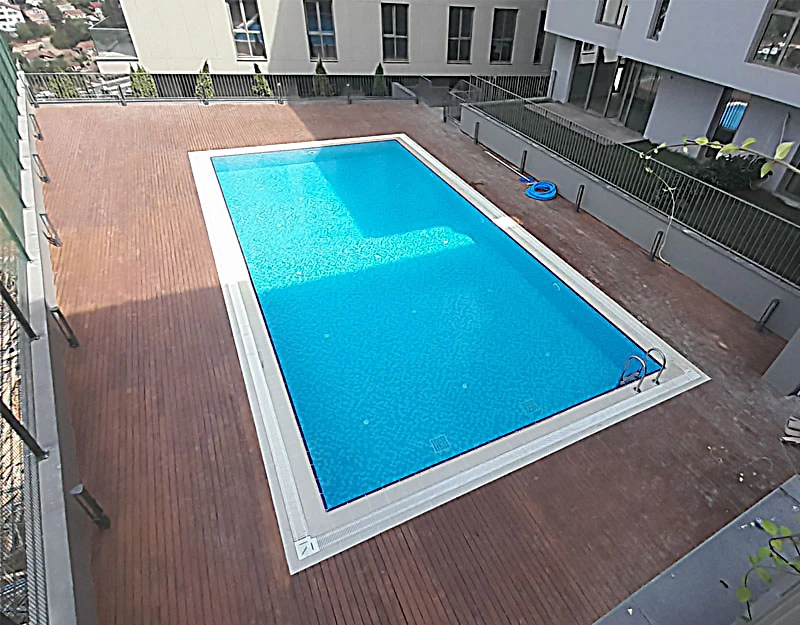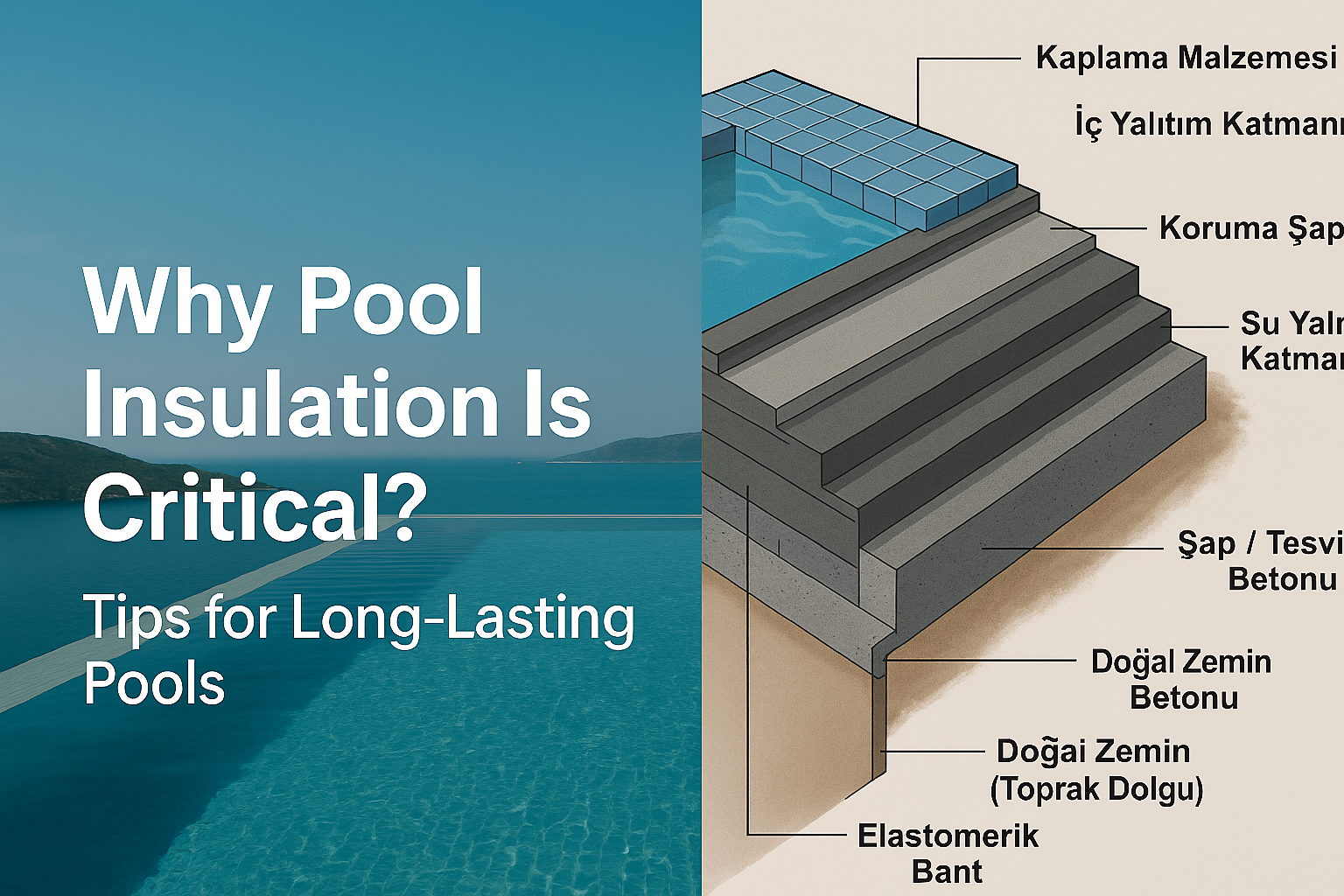
Why Swimming Pool Waterproofing Is Critical: Tips for Long-Lasting Pools
For a swimming pool to be comfortable, safe and durable, the most fundamental element is waterproofing. Even with a reinforced concrete shell, a pool that isn’t properly sealed will eventually lose water tightness, develop cracks and lead to significant costs. In this article we detail why waterproofing is critical, common methods, what to watch for, and practical tips to achieve long-lasting pools.


